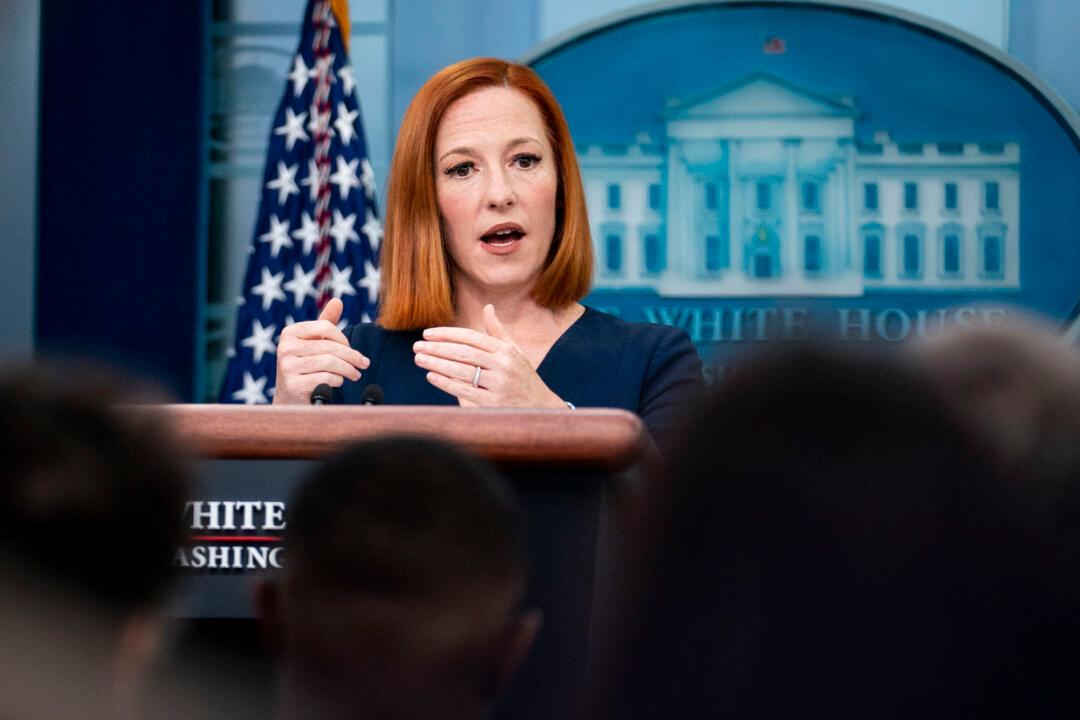The Biden administration is weighing up using income to determine eligibility as part of a potential plan to cancel hundreds of millions of dollars of federal student loan debt but has not yet analyzed how it would impact inflation, the White House said Monday.
Biden promised during his 2020 presidential campaign that he would cancel $10,000 debt for each borrower.




